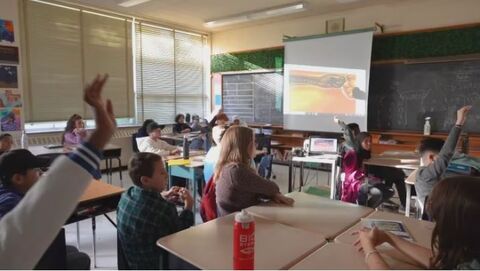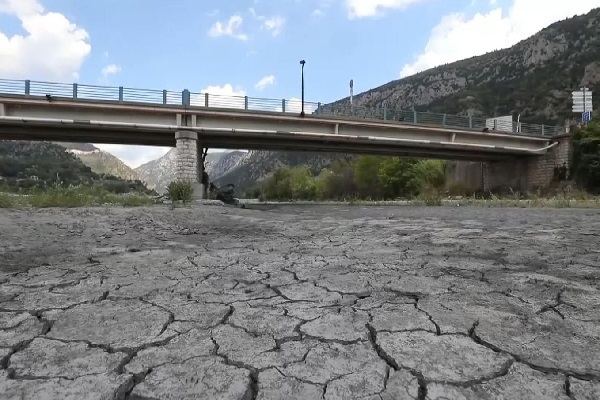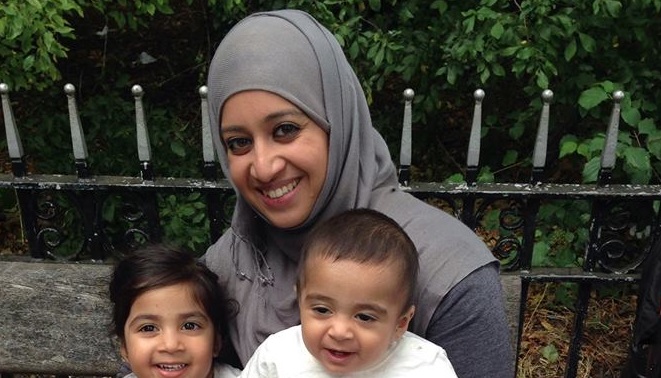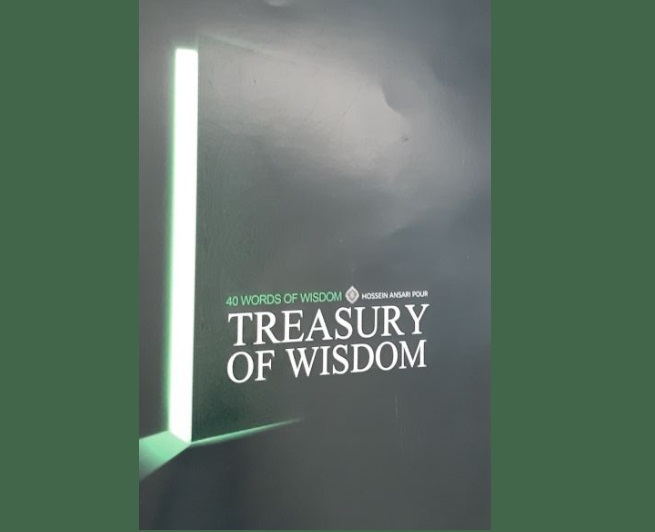According to rahyafte (the missionaries and converts website) Although there have long been calls for more attention on combating Islamophobia in Canadian schools, it’s been an infrequent topic of discussion, with just a handful of Ontario school boards beginning work in recent years on developing an anti-Islamophobia strategy, CBC News reported on Saturday.
Canada is “in a moment where we acknowledge that equity and inclusion is important,” but it’s imperative to move beyond talk into action, said Aasiyah Khan, director of education at the National Council of Canadian Muslims (NCCM).
This includes providing practical ways for educators to “actually take this [subject] and translate it into a classroom,” she said.
“What does that look like in terms of your lesson plans? How do we adopt an anti-Islamophobia lens or an anti-racist lens in our classroom policies or practices?”
Where we’ve been
The NCCM is among the groups that received funding to build resources and create training for educators about Islamophobia. Khan was also a co-author of the Peel District School Board’s anti-Islamophobia strategy — the first of its kind in Canada and a move followed by boards in Toronto and London, Ont.
Through partnerships like these, the council’s team has for years been leading workshops, sharing resources and developing strategies alongside teachers, school board officials and post-secondary instructors. The national group also helps advocate on behalf of students and parents when incidents arise.
Islamophobia is “not a one-off problem. It’s a systemic issue that requires all kinds of interventions,” Khan said.

Why action is needed now
Since the Oct. 7 Hamas surprise attacks and the Israeli government’s bombardment of the Gaza Strip, Canadian authorities have recorded an alarming increase in anti-Muslim, anti-Palestinian and antisemitic occurrences.
Toronto police reported last week a “staggering” rise in hate crimes since Oct. 7. Earlier this month, British Columbia’s human rights commissioner decried a surge of discrimination and violence against Muslim and Jewish people on Canada’s West Coast. These come amid a landmark Senate report that flagged Islamophobia as a persistent problem in Canada requiring urgent action.
“It is in times of war that you witness a hardening of identities…. Everybody becomes aware of ethnic origins, where they’re coming from, and you see a natural rise of stereotyping and othering,” said Rahat Zaidi, a professor at the Werklund School of Education at the University of Calgary.
“Islamophobia is a classic example of othering, and it’s really important to be aware of it first of all — to recognize that it exists in society and then combat it in very proactive ways.”
With the ongoing Israel-Hamas war, some schools this fall cancelled or muted their Islamic Heritage Month celebrations, Khan said. She also referred to reports that the council received of over-policing of Muslim, Palestinian and Arab students.
“When we look at our equity and inclusion policies … we are asking students to bring their whole selves into this [school] space: to celebrate who they are, to acknowledge and honour their histories. But for some reason, what we’re finding right now is when it comes to Palestine, all of that is being silenced,” she said.
“This conflict has actually exacerbated what we’ve been seeing before,” she said, adding that some are comparing the atmosphere today to the suspicion, stereotyping and intense Islamophobia of the period following the Sept. 11, 2001, attacks on the United States.
Making change in school spaces
Zaidi suggests teachers can start dispelling Islamophobia with simple, everyday actions in their classrooms. One way is by stocking age-appropriate books that include Muslim characters, perspectives and cultural practices in their class libraries.
Educators should also be ready to call out and counteract instances of overt racism — she indicated that bullying of female students wearing the hijab, for instance, is unfortunately a common occurrence.
Difficult moments can shift into productive conversations, Zaidi said, but she also warned against putting Muslim students on the spot.
The wider school community must also have inclusive, affirming spaces for these conversations, said Zaidi, whose University of Calgary research team has recently been pursuing just that at a rural Alberta high school that saw a huge influx of new Muslim students hailing from different countries in Africa, the Middle East and Asia.
“We have done it through open dialogue with students, through focus groups. We’ve done it through advocacy campaigns that involve youth … that involve things like Instagram, TikTok. We have done it through advisory groups that [helped inform] administrators,” she said.
Now, Zaidi said, some of these teen students of colour have begun to lead challenging discussions at their school “about Islamophobia, being Black in this day and age in rural Alberta … and how do you respond to incidents of hate and othering.”
Training for teachers, teacher candidates
Among the recent Senate report’s recommendations to the federal government was the introduction of a multimedia campaign about Islamophobia and the creation of school resources to be used in classrooms.
Both Khan and Zaidi agree that supporting educators — with practical training for those currently in service, as well as teacher candidates undergoing their post-secondary studies — is another important avenue for change.
“Educators have told us: ‘We want resources. Students are talking about these issues. They’re bringing it into classrooms, but I have no idea how to talk about this or teach about this,'” Khan said of teachers who have reached out to the NCCM.
For several years, the council has partnered with school boards around Toronto to train and share new tools and resources with teachers. Khan also leads workshops for teachers-in-training who are studying at schools like York University in Toronto, Brock University in St. Catharines, Ont., and the University of Ottawa.
Zaidi said she believes all Canadian teacher education programs should incorporate specific modules “dealing with language, culture, issues of race and various forms of phobia, in this case Islamophobia,” she said.
“Anybody who’s going to become a teacher — it doesn’t matter if you’re a teacher of math or science or a generalist in elementary…. All teachers need to be aware of some basic social, cultural and demographic and geopolitical information.”
Participating in a single workshop or module won’t make educators into experts, of course, but Khan reiterates the importance of one piece of advice teachers are already familiar with: Get to know your students.
“Muslims aren’t a monolith; we are diverse. We have a number of different languages, spoken histories … so what we encourage educators to do is to lean into that. Get to know your students,” she said.
“It would be really silly for us to say there’s this one-size-fits-all approach to [combating] Islamophobia, because we know it’s much more complicated than that.”
Source: CBC News



















